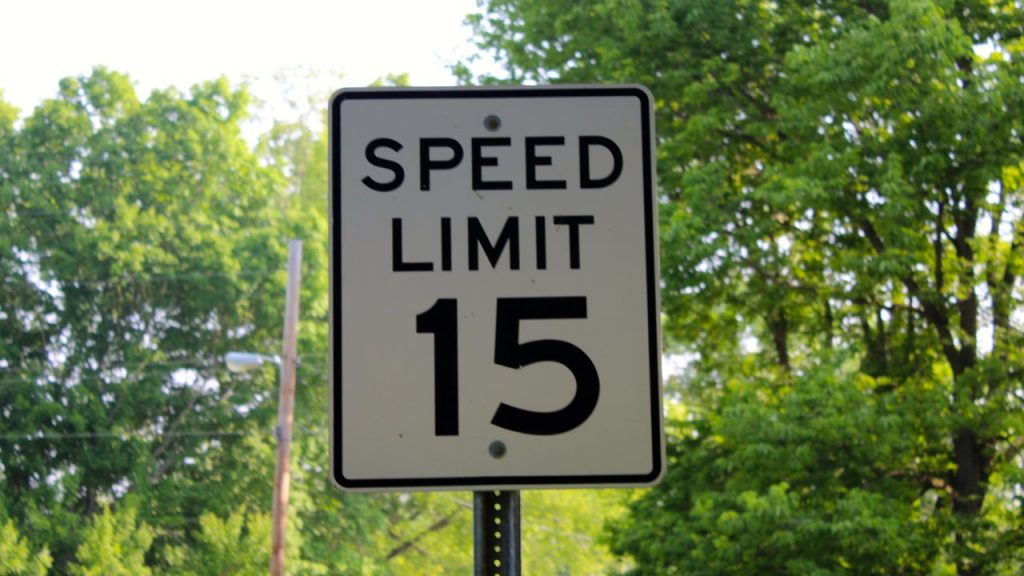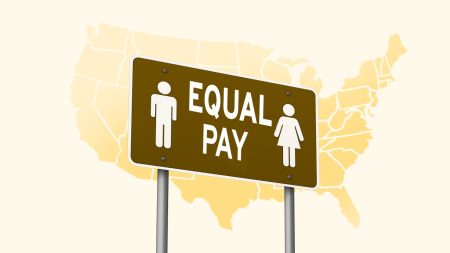In South Carolina, a lead foot can come with a lasting price tag. A simple speeding ticket might seem like no big deal at first — but even a minor violation could cost you more than you’d expect. In towns like Summerville, for example, fines start around $75 for going just 1 to 10 mph over the limit and climb as high as $355 if you’re clocked at 25 mph over. And that’s before you factor in the ripple effect it can have on your car insurance.
Once the ticket hits your driving record, your premium could rise by an average of $409 a year and stay elevated for three to five years.
How much does insurance go up after a speeding ticket in South Carolina?
On average, a single speeding ticket in South Carolina will drive your car insurance premium up by about 20 percent. That works out to an extra $34 a month — or $409 more per year — just for one violation. Drivers with a clean record pay an average of $1,999 per year for full coverage, but that average jumps to $2,408 for drivers with a single speeding ticket conviction.
It’s important to note that your rates won’t spike overnight. Most insurers only check your driving record when your policy is up for renewal — which means you’ve got a little time before the increase kicks in. And while a speeding ticket is a major factor, it’s not the only one. Your age, driving history and even how long you’ve been insured are additional factors that can influence how much your premium changes. For example, younger drivers already face expensive base rates, so a ticket could push those even higher.
| Driver profile | Average annual full coverage premium |
| Clean record | $1,999 |
| Adult driver, single speeding ticket | $2,408 |
| 18 years old, clean record | $5,860 |
| 18 years old, single speeding ticket | $6,967 |
You may lose discounts after a speeding ticket
Getting hit with a speeding ticket doesn’t just trigger a rate surcharge — it could also wipe out your good driver discount if you had one. That means even your base premium could go up, making the total cost impact bigger than you might expect.
If that happens, it could be a good idea to talk to your insurance agent about other ways to save. You might qualify for discounts unrelated to your driving history, like bundling your auto policy with home or renters insurance, enrolling in paperless billing or signing up for a telematics program. And don’t be afraid to shop around — another company might offer lower rates even with a ticket on your record.
Reddit user review
How speeding tickets impacted insurance for real drivers in South Carolina
*The quotes and citations included on this page have been verified by our editorial team and are accurate as of the posting date. Outlinked content may contain views and opinions that do not reflect the views and opinions of Bankrate.
How long does a speeding ticket stay on insurance in South Carolina?
In South Carolina, points from a speeding ticket usually drop off your driving record after about two years — but unfortunately, your car insurance company may hold onto that violation a bit longer. Most insurers will factor a speeding ticket into your premium for three to five years, depending on the severity and your overall driving history.
The silver lining? That surcharge doesn’t last forever. If you keep a clean record moving forward, the impact on your premium typically shrinks over time. Still, that doesn’t always mean your rates will automatically go back down. Insurers adjust prices for all kinds of reasons — from broader risk trends to inflation — so even as the ticket ages, your premium could still climb. This is where comparison shopping comes in handy. Getting fresh quotes every year or two can help you make sure you’re not overpaying just because of a ticket that’s in the rearview.
How to avoid an insurance increase after a speeding ticket in South Carolina
If you’ve been hit with a speeding ticket, odds are your car insurance is going to get more expensive — especially if the violation makes it onto your driving record. But all hope isn’t lost. Whether you’re trying to keep that ticket off your record entirely or just soften the blow, there are a few ways to minimize the damage.
Try to keep the speeding ticket off your driving record
For first-time offenders, there may be options to avoid having the ticket impact your record — and by extension, your insurance rate. It takes a bit of legwork, but the effort could save you hundreds over the next few years.
Here are some strategies worth exploring:
- Go to court: Judges often reduce or dismiss tickets, especially for minor violations and clean driving histories.
- Ask for a non-moving violation: Some drivers have success getting the ticket reduced to something like a parking violation that doesn’t come with insurance consequences.
- Look into traffic school: Depending on the county, completing a defensive driving course might keep the ticket off your record.
- Request a deferral: You may be able to delay judgment with a probationary period — stay violation-free and the ticket might be dismissed.
- Reschedule your court date: If the ticketing officer doesn’t show up, there’s a chance your case could be thrown out altogether.
Local courts and ticket outcomes can vary, so it’s smart to contact the court listed on your citation and ask about your options.
Shop around for competitive rates after a ticket
Even if the ticket sticks, not all insurance companies assess risk the same way. Rates can vary wildly depending on the carrier’s risk model. In South Carolina, for example, the difference in average full coverage rate between the most and least expensive carriers for drivers with speeding tickets is over $3,300.
That’s a huge difference — one that could easily offset the cost of the ticket itself. After a violation, it’s a good idea to compare quotes from at least three or four insurers to make sure you’re not leaving money on the table.
Drive defensively to avoid future speeding tickets
Once you’ve dealt with the ticket, the best thing you can do is keep your record clean moving forward. Time is on your side — many surcharges shrink or disappear after a few years, especially if you show consistent improvement.
If your insurer offers it, consider enrolling in a telematics program, which tracks your driving habits and could earn you discounts for safe behavior. Defensive driving courses can also help reduce points or give you a certificate for additional savings.
And if your car has intelligent speed assistance (ISA) or similar safety tech, keep it turned on. These systems can help you avoid accidental speeding and stay alert behind the wheel. Every little bit of caution can help you save down the road.
Frequently asked questions
Methodology
Bankrate utilizes Quadrant Information Services to analyze April 2025 rates for all ZIP codes and carriers in all 50 states and Washington, D.C. Rates are weighted based on the population density in each geographic region. Quoted rates are based on a single, 40-year-old male and female driver with a clean driving record, good credit and the following full coverage limits:
- $100,000 bodily injury liability per person
- $300,000 bodily injury liability per accident
- $50,000 property damage liability per accident
- $100,000 uninsured motorist bodily injury per person
- $300,000 uninsured motorist bodily injury per accident
- $500 collision deductible
- $500 comprehensive deductible
To determine minimum coverage limits, Bankrate used minimum coverage that meets each state’s requirements. Our base profile drivers own a 2023 Toyota Camry, commute five days a week and drive 12,000 miles annually. Bundling and paperless billing discounts are applied.
These are sample rates and should only be used for comparative purposes. Your quotes will differ.
If otherwise specified, the base profile has been modified with the following driver characteristics:
Read the full article here









